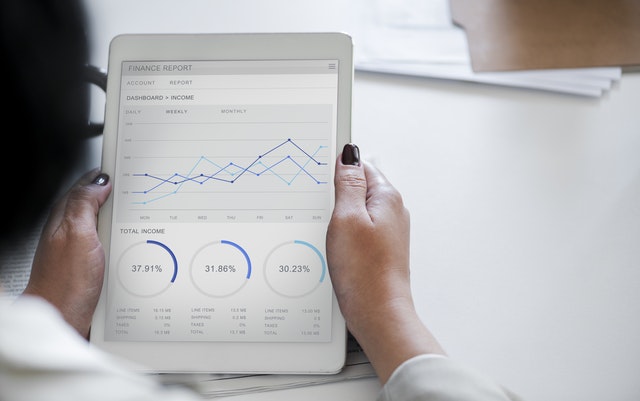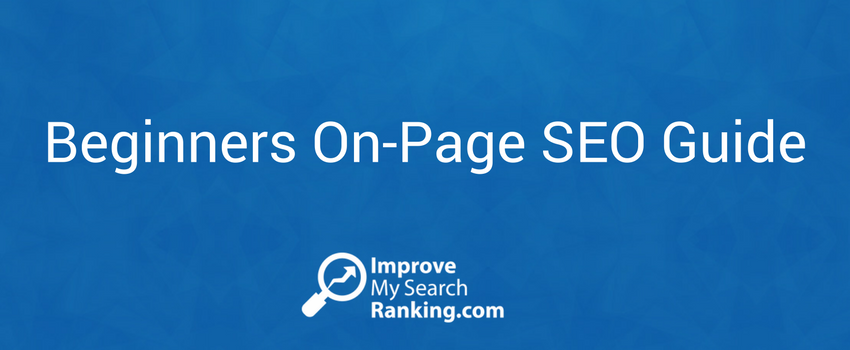
5 Most Important SEO KPIs?
For most businesses, search engine optimization becomes the most important aspect of their online business.
No matter how pretty the website is or how useful the content is, sometimes it all comes down to how many traffic visitors you get, how many of them stay and flow through your sales funnel, and how many eventually convert.
The tricky part is: how do you actually measure and prove success?
The answer lies in KPIs — Key Performance Indicators.
In the search engine optimization world, there are several KPIs that you could track. However, tracking all the different KPIs that some SEO professionals suggest can easily get overwhelming.
Therefore, to simplify things, here is a list of 5 important SEO Key Performance Indicators (KPIs) that you should be tracking:
1. Organic sessions
‘Organic sessions’ is one of the most important and basic KPI that you should be tracking to monitor your search engine optimization success.
Organic sessions measure the visits your website gets from various search engines (Bing, Google, Yahoo, etc.). One important point to understand here is that a ‘session’ refers to a visit to the website, which also includes including an action taken by the user and when the user exits from the website. When measuring organic sessions, also keep in mind that a single user can be responsible for multiple sessions.
Since growth in search engine traffic is one of the most important metrics in search engine optimization, measuring organic sessions becomes very important.
2. Bounce rate
If you want to engage your website visitors and keep them interested in your content, you will have to keep a close eye on ‘bounce rate.’
Bounce rate measures the percentage of sessions when a website visitor loads the page and exits it without performing any action. It is calculated by dividing the number of non-interactive sessions by the total number of sessions.
Different industries may have different average bounce rates. Therefore, it is a good idea to know about the average bounce rate in your industry and then use it as a benchmark. Typically, a bounce rate between 40 percent to 60 percent is considered good. If your bounce rate hits 80%, it is time to hit the panic button.
3. Pages per session
Pages per session is a relatively simple metric, but it is a very crucial one if you are trying to increase engagement, create high-quality and interesting content for website visitors, and improve brand loyalty.
Pages per session measures how many pages, on average, a website visitor visits during a session. You may want to analyze a few aspects if you want to improve pages per session:
- The quality of content
- The number of internal links that branch out to other pages on your site
- Website design
- Your website’s navigation system
- A simple yet meaningful funnel
4. Increase in keyword rankings
Keyword rankings are important — especially if you want to capture a bigger market share by targeting keywords with high buyer intent.
Shortlist the keywords and keyword phrases that are most important for your business and overall SEO efforts. Then regularly monitor those keywords and their rankings on a monthly basis and see if they improve.
Unfortunately, you cannot monitor this metric in Google Analytics. You may want to use another tool for this, such as SEMRush, Ahref, SE Ranking, etc.
5. Conversion rate
Higher search engine rankings and more traffic sound great, but none of it matters much unless you are also converting that traffic into customers.
A high conversion rate also tells you that you are targeting the right people with the right set of keywords (high buying intent). Otherwise, you may get your website ranked (easily) by targeting non-competitive and informative keywords. However, you won’t be able to get a high conversion rate with that tactic alone.
Ideally, you need a nice balance between both these types of keywords.
Conclusion
All these metrics, except one, can be easily measured with the help of Google Analytics — the most-popular free analytics tool available for websites of all sizes.
Apart from these 5 metrics, there are several other factors that also play important roles in determining the overall success and effectiveness of your online business. Therefore, some of the other KPIs that you should measure include the loading speed of your website, average session duration, and top content pages.








